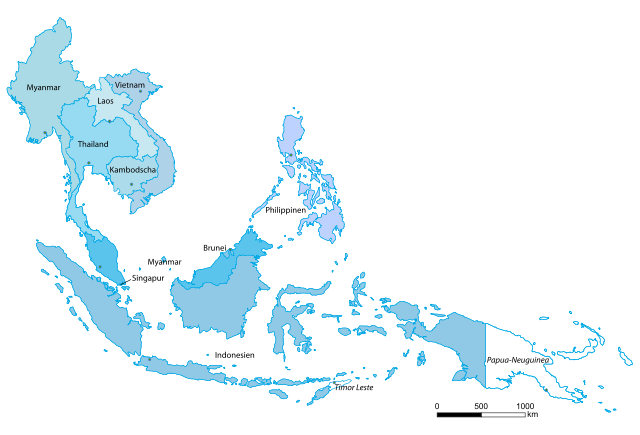The advent of the Fourth Industrial Revolution (4IR) has presented new realities that ASEAN must respond to speedily if it is to fast-track economic integration and digitalization, according to the CIMB ASEAN Research Institute (CARI).
Progress toward realizing the goals of the ASEAN Economic Community (AEC) Blueprint 2025 is on the right track, said Tan Sri Munir Majid, chairman of CARI and president of the ASEAN Business Club.
“However, speed matters, and what ASEAN must pursue as a community is a regional policy approach and concerted cross-sectoral efforts to unleash the potential of ASEAN’s digital economy,” he said.
CARI is the first independent, transnational research institute dedicated solely to the advancement and acceleration of the ASEAN integration agenda.
Singapore as the chair of the ASEAN in 2018 has identified 12 economic priority deliverables focusing on innovation and digital economy, said Datuk Isham Ishak, deputy secretary general of the Ministry of International Trade and Industry of Malaysia.
The key economic objective for 2018 is to deepen regional connectivity to position ASEAN as a region for seamless economic activity and growth opportunities, especially in e-commerce and the digital economy, he continued.
Datuk Isham gave updates on ASEAN integration at the recent inaugural CARI briefings on AEC priorities and progress.
For one, ASEAN is currently undertaking a study to assess the readiness of ASEAN and its individual member states to address the challenges while seizing opportunities brought about by the 4IR.
He said the ASEAN Good Regulatory Practice (GRP) is one of the new elements introduced in AEC 2025, and the ASEAN Work Plan on Good Regulatory Practice 2016-2025 was endorsed in April 2017.
ASEAN is currently drafting the GRP core principles to further implement GRP in ASEAN with the aim to reduce the regulatory burden and improve the overall regulatory coherence and cooperation in the region.
ASEAN has also implemented an enhanced monitoring framework which includes outcomes monitoring and impact assessment, annual prioritization, and country visits, according to Datuk Isham.
The annual prioritization of AEC Blueprint 2025 measures will provide opportunities for regular reviews to ensure proper implementation and continued relevance, he said.
Country visits were conducted in Lao PDR as a pilot project in 2016, while two comprehensive country visits were carried out in Indonesia and the Philippines in 2017. For 2018, country visits will be carried out in Brunei and Malaysia.
Moreover, one of ASEAN’s immediate priorities is to complete negotiations on the Regional Comprehensive Economic Partnership (RCEP), a free trade agreement (FTA) that is built upon the existing FTAs of ASEAN with its six dialogue partners—Australia, China, India, Japan, New Zealand, and South Korea. The negotiations have been ongoing for over five years with 22 rounds of negotiation.
“Early implementation of the RCEP will enable the business sector to tap into the huge potential that the 16 countries can offer collectively, while also contributing to global economic growth. ASEAN will continue to demonstrate centrality and leadership to advance the negotiations and conclusion of the RCEP,” said Datuk Isham.
Photo: Martin Vigerske









